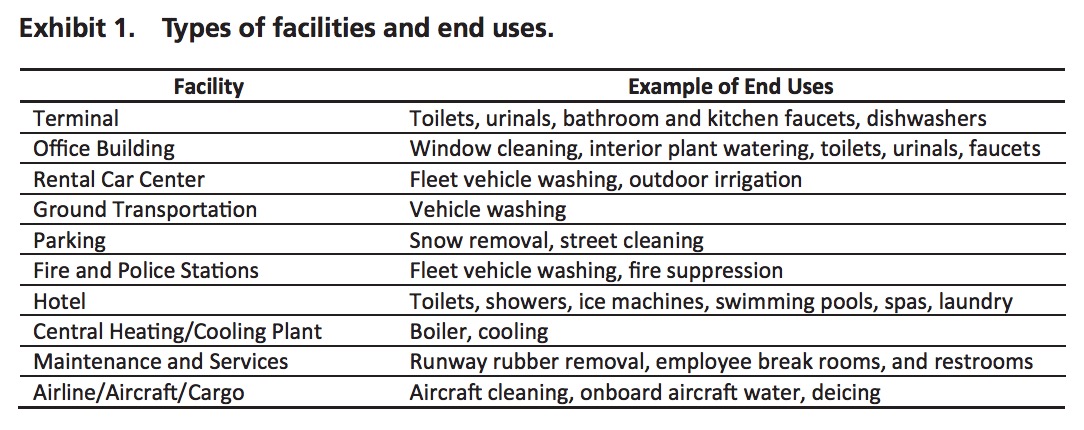
AIRPORT COOPERATIVE RESEARCH PROGRAM
As major consumers of water, airports have an obligation to be responsible environmental stewards in the community by increasing the efficiency of their water use and decreasing the amount of energy they spend to heat and pump that water. These changes can lower airports’ costs, improving the financial as well as the environmental sustainability of their operations.















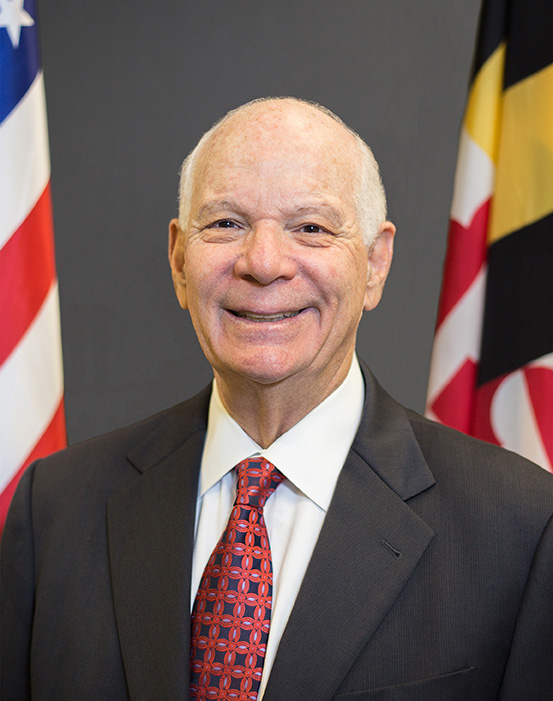
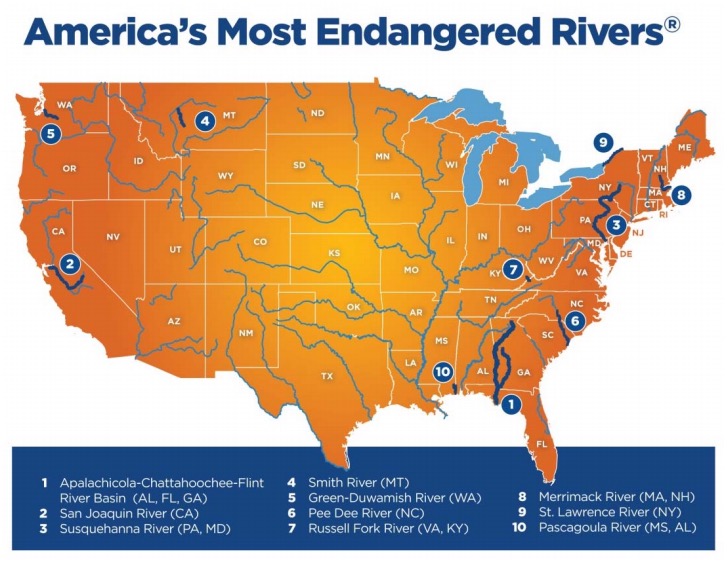
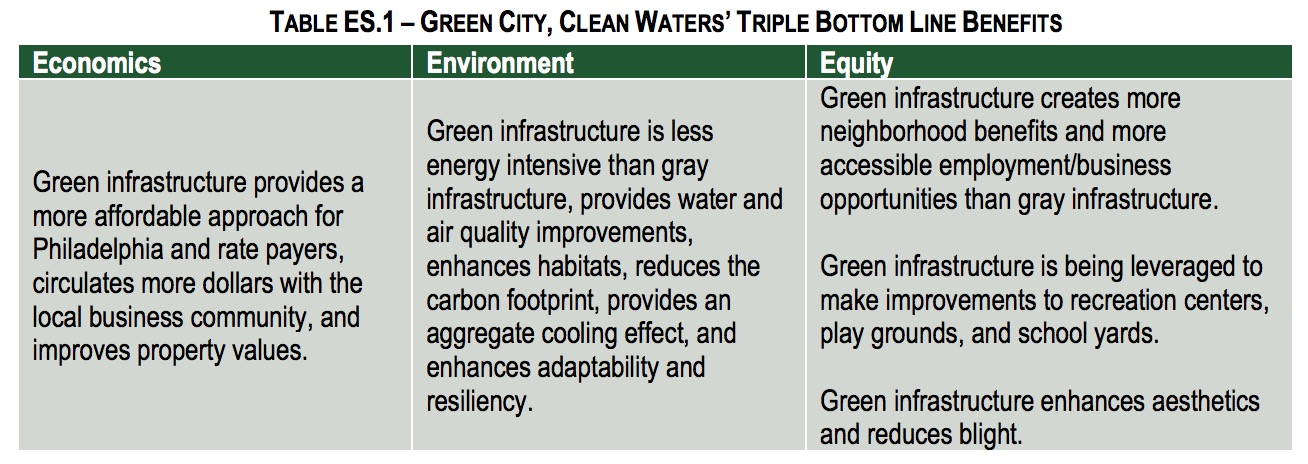

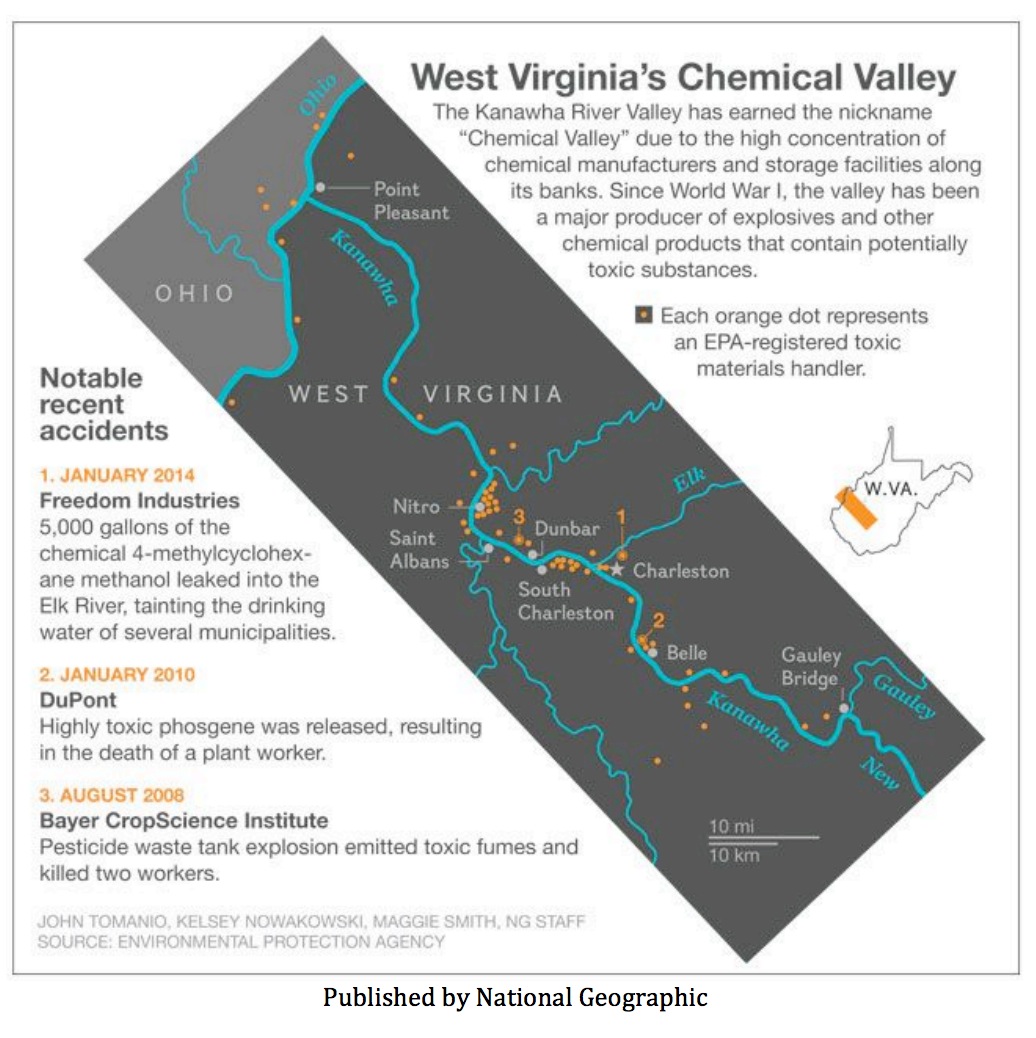

 RSS Feed
RSS Feed